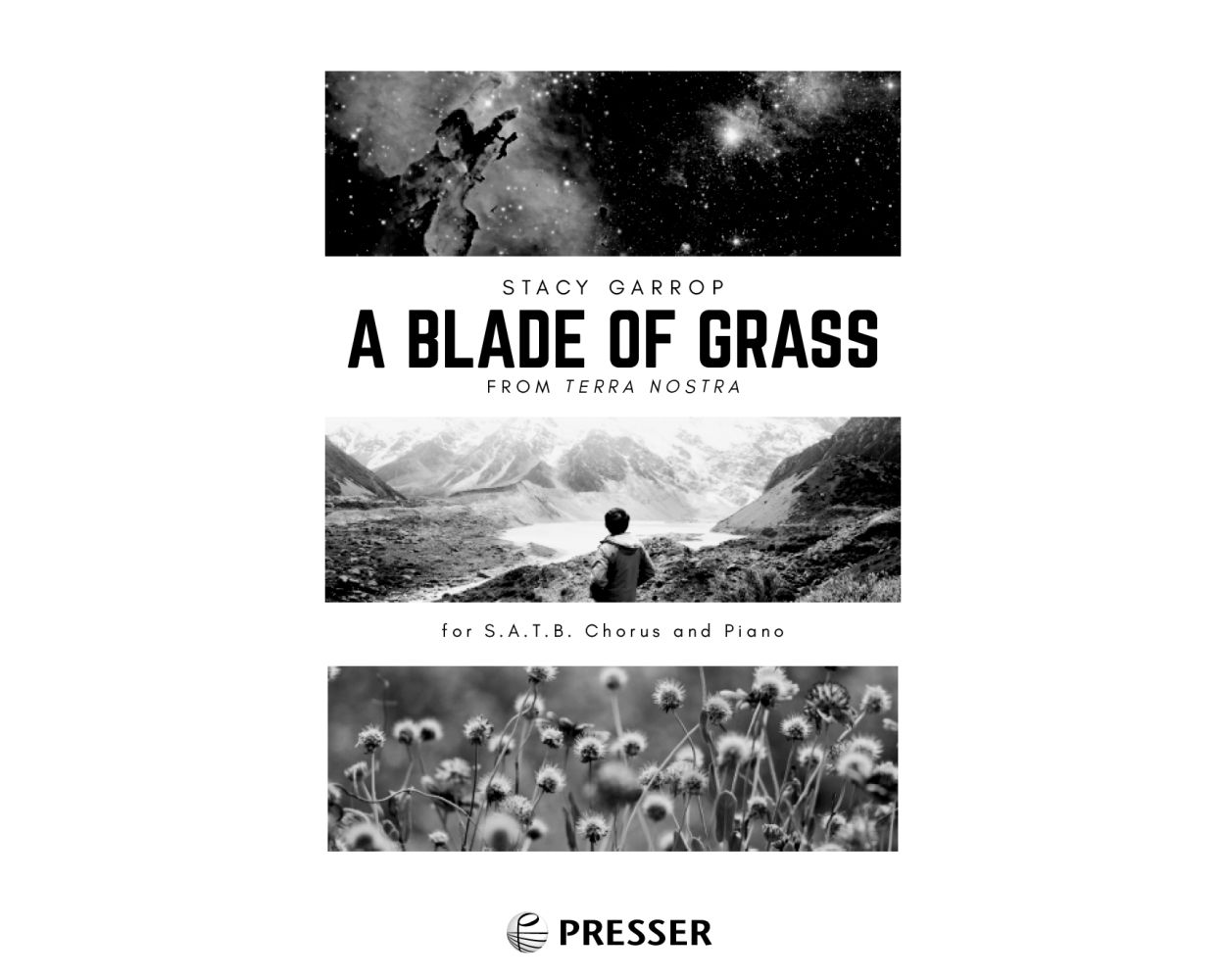

- #A blade of grass among the forgotten fields professional
- #A blade of grass among the forgotten fields free
He shall take from all their beauty and enjoy their glory. In a section titled “The Pageant of Summer,” Jefferies writes:Įvery blade of grass, each leaf, each separate floret and petal, is an inscription speaking of hope… My heart is fixed firm and stable in the belief that ultimately the sunshine and the summer, the flowers and the azure sky, shall become, as it were, interwoven into man’s existence. Woodcut by Agnes Miller Parker from the 1947 edition of The Life of the Fields

#A blade of grass among the forgotten fields free
He developed his own singular style of translating the inherent poetry of nature into uncommonly poetic prose, nowhere more enchantingly than in his 1884 book The Life of the Fields ( public library | free ebook) - an exquisite eulogy for the way attentiveness to nature’s beauty dissolves the boundary between ourselves and the world.
#A blade of grass among the forgotten fields professional
Jefferies bridged the sensibility of the great Romantic and Transcendentalist poets with the intellectual curiosity of the “natural philosophers” - as the professional observers of nature were known before the word “scientist” was coined for the mathematician Mary Somerville. Deeply inspired by Charles Darwin, Jefferies lauded him as a “great genius, who had not only untiring patience to observe and verify, but also possessed imagination, and could therefore see the motive idea at work behind the facts” - imaginative insight Darwin translated into “astonishing works of singular patience and careful observation.” Having dropped out of school at the age of fifteen, Jefferies educated himself by reading voraciously and wandering the wilderness of the English countryside, convinced that he was destined to become a writer - a career he pursued unrelentingly, first as a newspaper journalist, then as a novelist, and finally as a nature writer of tremendous poetic potency. We forget that each one of us in his personal life repeats that miracle,” the great philosopher of science and natural history writer Loren Eiseley observed in his 1960 masterpiece on what a woodland creature taught him about the meaning of life.Įiseley belongs to that rare class of enchanter - a lineage of exceptional nonfiction writers stretching from lyrically consummate scientists like Rachel Carson, Oliver Sacks, and Janna Levin to poet laureates of nature like Henry Beston and Annie Dillard - writers whose lyrical sensibility can be traced to one forgotten, immensely influential progenitor: the British nature writer Richard Jefferies (November 6, 1848–August 14, 1887). “We forget that nature itself is one vast miracle transcending the reality of night and nothingness.


 0 kommentar(er)
0 kommentar(er)
